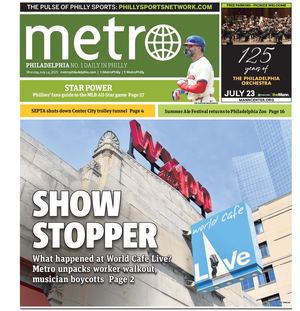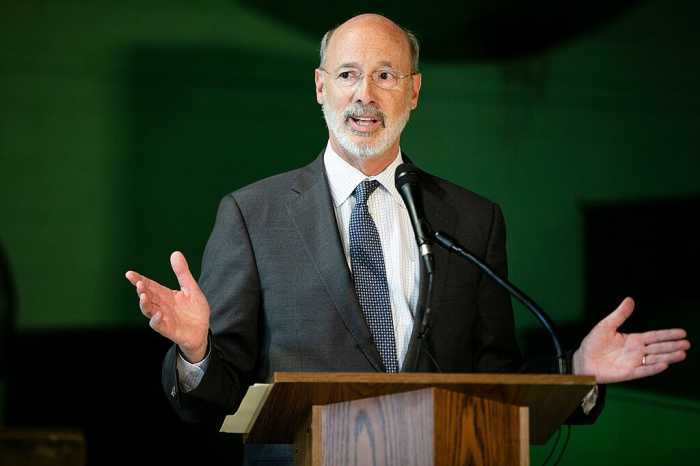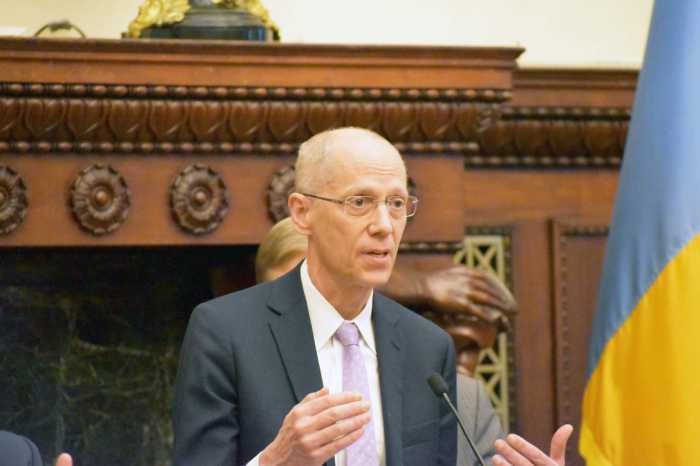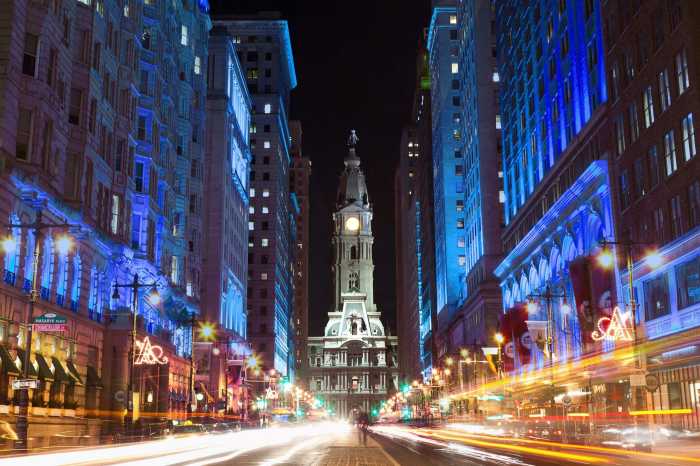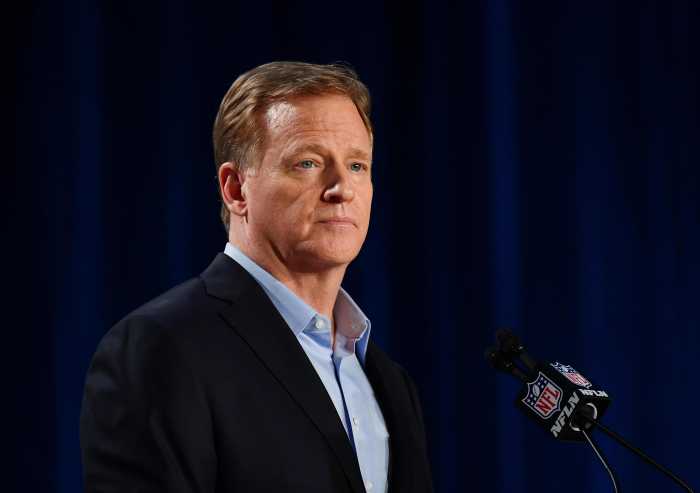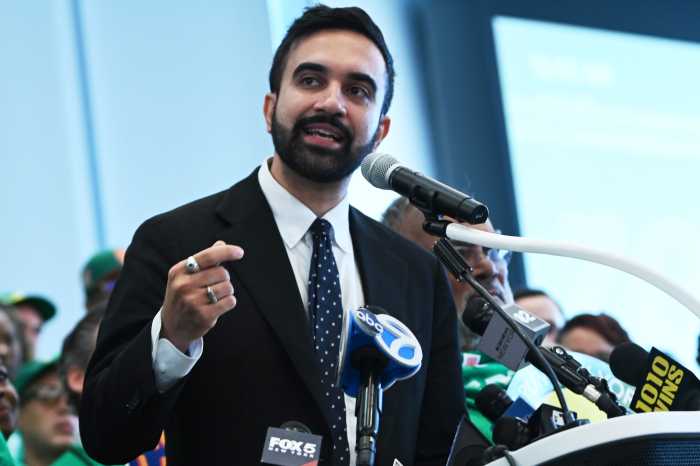Gov. Tom Wolf on Monday promised repercussions for counties that begin easing coronavirus-related restrictions without state approval.
It doesn’t appear as if Philadelphia will go against the governor, and Mayor Jim Kenney said, based on discussions with suburban leaders, he doesn’t think the city’s collar counties will, either.
“I have no complaints about the governor,” Kenney said during his daily press briefing. “There’s no playbook for this.”
Several counties in central Pennsylvania have said they plan to defy Wolf by moving into the state’s less-restrictive yellow phase.
The governor, in turn, threatened to withhold federal stimulus money and allow residents of those counties to stay home and continue receiving unemployment benefits.
In addition, Wolf said the state would strip violating businesses of their liability insurance and punish restaurants that reopen for dine-in service by taking away their liquor licenses.
“I cannot allow residents in a red county to get sick because their local officials can’t see the invisible risk of the virus in their community,” he said in a statement.
So far, 24 counties in Pennsylvania have had some COVID-19 restrictions eased, and an additional 13 are set to move into the yellow phase Friday. State officials have said they are using a data tool to determine which areas to gradually reopen.
Kenney has repeatedly said the city will rely on the advice of medical and scientific experts in considering when to ease restrictions.
“I understand the people’s desire to have this over with,” he said. “There’s no one who wants this over with more than us, but it will never be over if we don’t do it the right way and the safe and healthy way.”
Health Commissioner Thomas Farley said officials are “not close to an announcement” on reopening Philadelphia. However, he did say people could prepare for a resumption in activity by getting used to wearing masks, keeping socially distant and frequently washing hands.
City leaders reported 102 new coronavirus cases Monday and no additional deaths, numbers that could be falsely low due to a lag in lab results from the weekend, officials said.
“The COVID epidemic in Philadelphia is still here, but we are clearly making progress,” Farley said. “The trend in deaths is downward in parallel with the trend in the total number of cases and in the trend in cases in congregate settings.”
A total of about 1,500 virus patients are being treated at hospitals in southeastern Pennsylvania, a drop of about 20 percent compared to the epidemic’s peak, Farley said.
He said the region’s hospital system was never overrun by those sickened by COVID-19, though certain hospitals were filled and had to set up surge space and transfer patients to other medical centers.
Kenney, meanwhile, appealed to Philadelphia’s Congressional delegation in an attempt to secure federal aid to help offset the city’s virus-related revenue losses.
In a letter, the mayor asked for direct funding to cities, additional personal protective equipment, including 100,000 N95 masks and 200,000 hospital gowns, $70 million in additional small business relief funding and $3 million to facilitate the June 2 primary.
Officials in Washington are in talks over another coronavirus relief package, according to Reuters. Philadelphia received $276 million from the CARES Act to cover costs associated with the pandemic.
“While I’m grateful and appreciative of all that has been done so far, much more is needed to ensure that Philadelphians can safely survive the crisis and thrive beyond it,” Kenney said.
As of last week, 78,000 city residents had filed for unemployment benefits, he said in the letter.
Kenney earlier this month proposed a budget with deep cuts and a modest tax increase to plug an anticipated deficit of $650 million, a result of the shutdown. Officials at the time said they had drawn up the plan without assuming additional federal aid would be coming.
